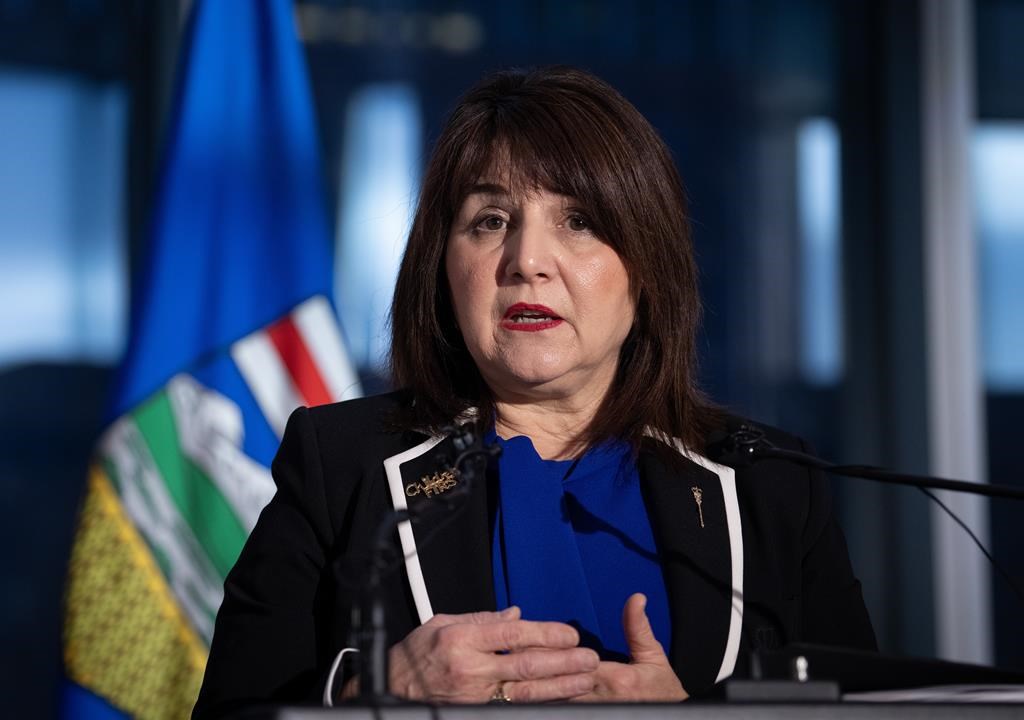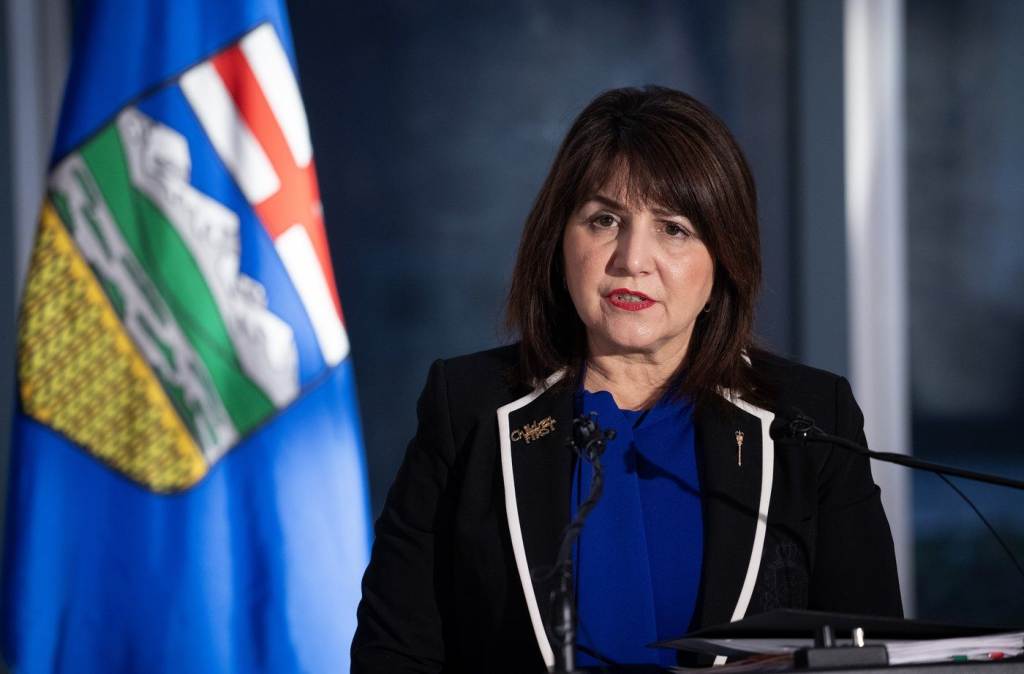Doctors condemn changes to Canada’s assisted dying law as ‘reckless’
Posted November 28, 2020 8:52 pm.
Last Updated November 28, 2020 10:57 pm.
VANCOUVER (NEWS 1130) — As proposed changes to Canada’s medically assisted death law wind their way through various federal committees, many doctors say they fear for the lives of people who are vulnerable and suffering if the legislation passes as-is.
Thomas Bouchard is one of about a thousand physicians who believe the legislation is reckless, especially for the vulnerable. He is part of a campaign lobbying against Bill C-7 which will change Canada’s law on MAiD (Medical Assistance in Dying). The campaign describes the bill as “a reckless piece of legislation without adequate safeguards for the vulnerable.”
The bill seeks to amend the law to comply with a Quebec court ruling last fall, which found it was unconstitutional to allow only those whose natural death is “reasonably foreseeable” to be able to get medical help to end their suffering.
Bouchard outlines a number of concerns with the changes proposed, particularly the process for patients whose death is not foreseeable. The bill proposes several “safeguards” in these cases, one of which is a 90-day waiting period, and Bouchard says this is not long enough.
He references studies done with people who have sustained traumatic injuries, such as full or partial paralysis.
“It’s only two years later that they really have a sense that they could live with this. But if we’re not giving them that time, or accompanying them through these struggles there’s going to be a lot of people with disabilities who really don’t have a chance to live their lives and see that life is really worth living if the timeline is shortened. There’s a lot of hopelessness and suicidal ideation, there’s a lot of difficulties these people face,” he says.
“I think bill C-7, in particular, blurs the line and makes it difficult for people who are vulnerable and suffering to kind of choose life when the easier route seems to be offering MAiD instead.”
Another safeguard is that patients are informed about and connected to “the means to relieve their suffering.” This can include counselling, community services, and referrals to specialists. But Bouchard points out there are often months-long wait times to get appointments with specialists.
“This timeline is not realistic,” he says.
RELATED STORIES:
-
Assisted-dying bill sparks ferocious debate among Canadians with disabilities
-
Doctors, Conservative MPs say not enough consultation on assisted-dying bill
-
Exclusion of mental illness in assisted dying-bill slammed by psychiatrists
He also says the revised law should remove the obligation for physicians to present MAiD as an option to patients, and agrees with those who say patients — not doctors — should initiate a conversation about this option.
“That gives that impression to the patient that they may be better off dead, and that’s not the message we want to convey to our patients. It will create seeds of doubt in our patients’ minds, it will make them second guess and question whether the medical system has their care in mind,” he says.
Doctors are also concerned their freedom to decline to provide MAiD is not adequately protected, according to Bouchard.
“A lot of us who are concerned with this bill comment that it’s not just providing the deadly injection that we’re opposed to, we really have a view that we want to accompany our patients and not give them the impression that this is just one more option for them. For us, we want to encourage patients to get the best care possible, we don’t want to be involved on that pathway by arranging it,” he says.
“What we would like to see is some protection for doctors who don’t want to participate in the whole process and can opt-out, while still allowing there to be systems in place in each province for people to access MAiD directly.”
For Bouchard, there is a disconnect between the current response to the COVID-19 pandemic, where keeping the vulnerable alive and encouraging medical innovation via developing a vaccine are being prioritized and this bill.
“We’re saving lives at all costs related to COVID,” he says.
“If we give up the creative process to help those who suffer, we lose the chance to find new ways of caring. Every suffering person is an opportunity to find new ways to care for them, not trying to give up.”
The Senate Committee on Legal and Constitutional Affairs finished hearing from witnesses on Friday. Next, that committee will propose amendments before sending it back to the house.
Bill C-7 attempts to strike a balance between an individual’s right to personal autonomy and self-determination and the need to protect vulnerable people who might feel pressured — either directly or indirectly by societal attitudes and a lack of support services — into seeking medical help to end their lives.
With files from the Canadian Press








